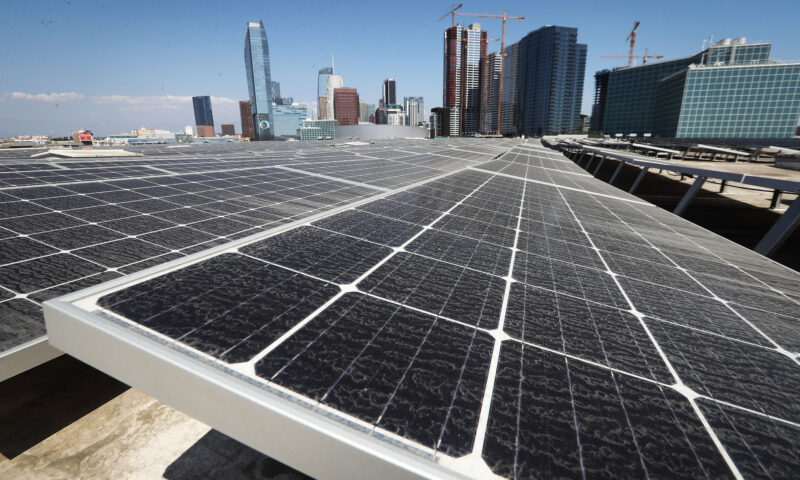
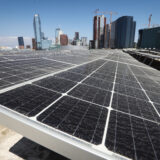
Grants promised for renewable energy, clean air and municipal water systems frozen and under review.
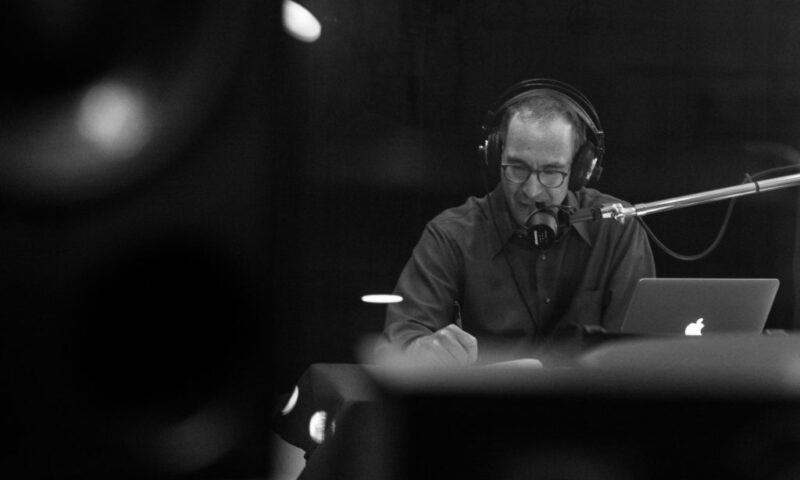

Daniel Weiss, managing partner of Angeleno Group, describes on the latest episode of “The Bottom Line” podcast how clean energy has moved from the realm of politics and policy to that of the markets and economics.


(Editor’s Note: Living in Los Angeles is a day-to-day experiment requiring patience and improvisational skills. So does governing this sprawling metropolis of 3.8 million people. The city’s next mayor, however, cannot be satisfied with merely coping with issues as they arise, but must be able to look forward and anticipate and define the city’s needs for the next four years. To this end we’ve asked writers to share their thoughts about what lies ahead – and around the corner – for Los Angeles.)
Going green may be all the rage. But get into the weeds and you may lose a few people. Take energy efficiency. Yes, it’ll save you money, create good jobs (if done right) and help us preserve the planet. But walk into a party and start talking about window caulking, attic insulation and compact fluorescent bulbs, and you may soon find yourself alone in a corner.
» Read more about: Beyond the Election: How Green Will Our City Be? »
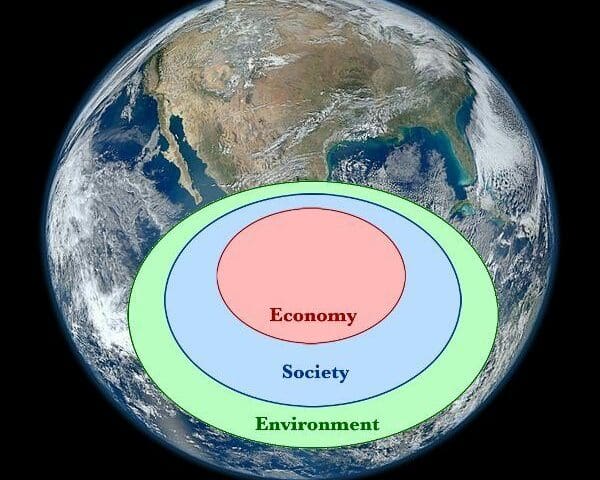
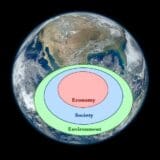
Turning over the calendar makes me think about nature. Partly, because it marks the end of one cycle of our lives and the beginning of another. Partly because at our house we literally take one calendar off the wall, look through its photographs of beautiful places, and replace it with a new one with its own photos of the world’s natural beauty that we will uncover one month at a time. The ritual reminds me that the earth is filled with beauty which we humans must sustain because it sustains us.
The problem, of course, is that in our drive for “progress” and “economic growth” we are drawing down too many resources too fast and making messes despoiling not only the earth’s beauty but also her capacity to keep us alive. Every day the news carries stories of waste, trash, unhealthy water, shrinking arctic ice and aberrant weather patterns.
» Read more about: A Sustainable Planet: Roadmaps for Survival »


The looming fiscal cliff has prompted renewed debate over the idea of a carbon tax – a way of putting a price on the carbon pollution that leads to climate change. Some say a carbon tax would raise funds that would create jobs and boost the American economy while helping to tackling climate change. Others warn it would give government too much control over the energy sector.
Here in California, we didn’t wait for the folks in Washington to make up their minds – we’re already implementing a carbon price. Our landmark clean energy and climate law, AB 32, led to a successful first auction of greenhouse gas pollution credits that raised $290 million for the state in November. These funds will go to a variety of investments in energy efficiency, greener infrastructure, clean energy jobs, and other priorities that focus on making life better for all Californians.

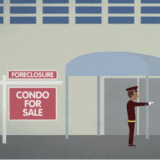
With the rejection of Mitt Romney’s economic vision, wherein the invisible hand of the free market guides us to prosperity (at least those not in the lazy 47 percent), progressives are now on the spot to offer up a compelling alternative.
Using animation and the vocal talents of Ed Asner, the Los Angeles Alliance for a New Economy (LAANE) jumps into the ring with the short video “It’s in Our Hands.” This is no ten-point plan, but instead a conceptual piece whose primary assertion is that we start to take the idea of democracy much more seriously when it comes to the economic order of things.
What if we could shape the U.S. economy to reflect the values and interests of most Americans? LAANE, which has had some success in doing just that, maintains that we can — and must.
» Read more about: Building a New Economy Video With Ed Asner »
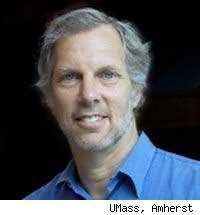
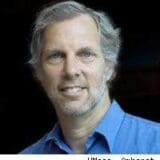
Few American economists want anything to do with social movements. Then there’s Robert Pollin, who has embraced his role as a progressive with a prolific output of books, studies and articles that make the economic case for greater equality.
Pollin, who will be honored at the L.A. Alliance for a New Economy’s (LAANE) City of Justice Awards Dinner next month, rose to prominence in the late 1990s as the most ardent academic defender of living wage laws. In recent years he has advanced the case for a new green economy based on good jobs and environmentally sensible policies.
Pollin, a professor of economics at the University of Massachusetts – Amherst and co-director of the Political Economy Research Institute, may be left of center but he is no business-bashing liberal. To the contrary, he learned from his father – the late Abe Pollin,
» Read more about: Progressive Economist Robert Pollin Gets Down to Business »
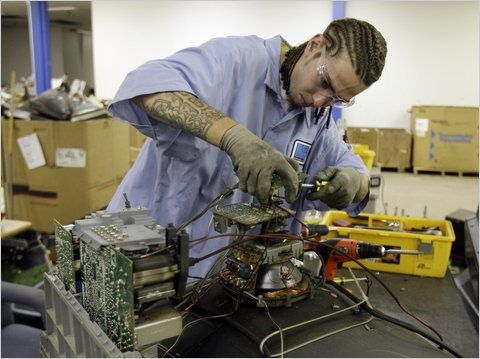
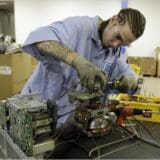
(Note: This post first appeared September 5 on Huffington Post and is republished with permission.)
You wouldn’t think that green jobs and gangs in America have much in common. But that’s before you realize that one has the power to positively change the other.
As the political rhetoric heated up last week in Tampa, many listened to hear how Mitt Romney will address the economic concerns felt by many Americans. For the past year, clashes between the one percent and those left behind have shed a new light on wealth disparity in our country. At a time when we’re expected to hit a record 66 million people living at or below the federal poverty line, our political leaders must support bold, innovative solutions that address the varied sources of poverty in our country.
The notion of job creation as a solution to [poverty] is nothing new.
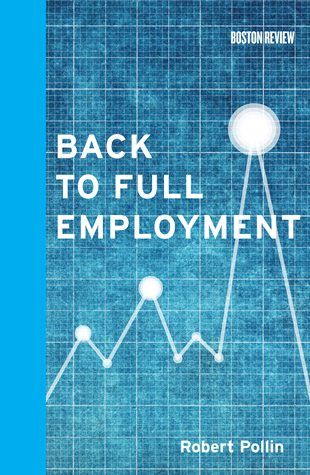
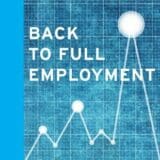
With tens of millions of Americans still out of work, the idea of the U.S. achieving full employment might seem like a pipe dream.
Not so, argues Professor Robert Pollin in his new book, Back to Full Employment. In fact, Pollin (who uses the standard definition of full employment as four percent or less unemployment) suggests that the ongoing jobs crisis offers the perfect opportunity for us to pursue what was once a cornerstone of national economic policy.
Pollin, co-director of the Political Economy Research Institute at University of Massachusetts, Amherst, is no stranger to controversy. Beginning in 1996, when he was asked by living wage proponents in L.A. to conduct a study on how such a policy would affect the city, he has regularly incurred the wrath of free market diehards with his findings that modest mandated wage increases do not wreak havoc on business.
» Read more about: Economist Robert Pollin on Restoring Full Employment in America »
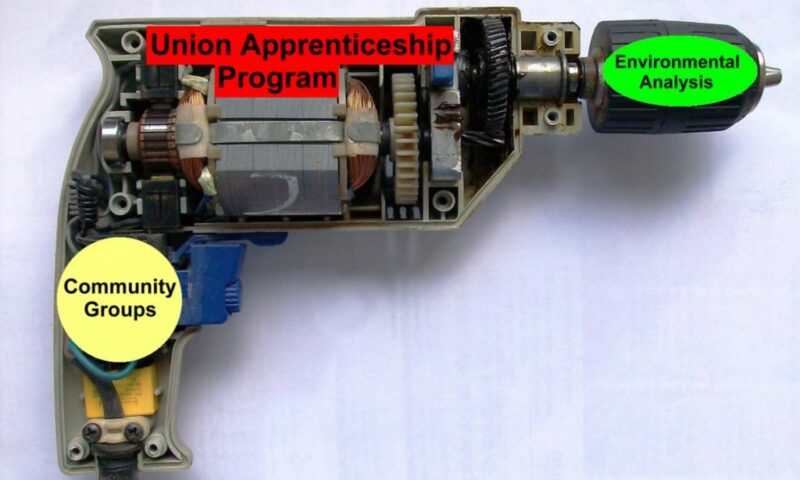
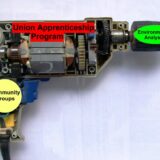
One central challenge to building a green economy is that for many, the inner workings of a key pillar of that economy — the construction industry — are a mystery. Understanding construction helps us move beyond simply creating green “jobs,” which could be temporary or even dangerous, to building a new green economic sector that generates permanent construction careers.
Construction is one of the largest sectors of the U.S. economy, with a dollar value approaching $800 billion and more than 7.2 million workers. It brings together people from all different walks of life. For community members that the economic downturn has hit the hardest — low-income workers, minorities, women, those returning from the military or from prison — construction offers a chance at a middle-class career.
A growing piece of the construction industry is retrofitting buildings to increase energy efficiency. Launching a project to retrofit a building,
» Read more about: What It Really Takes to Create a Green Economy »